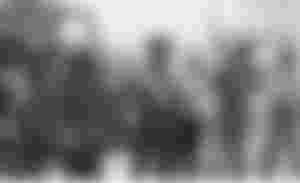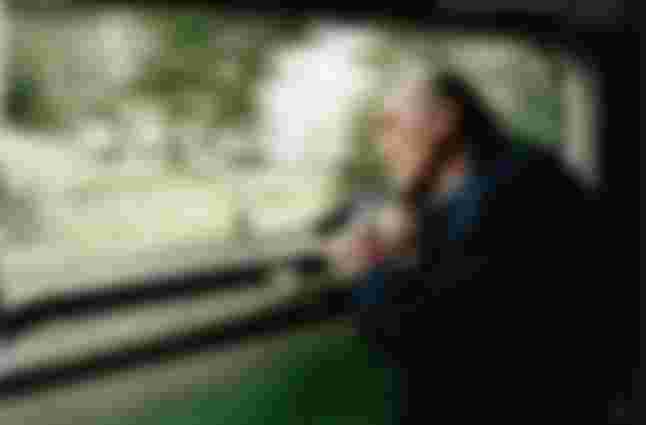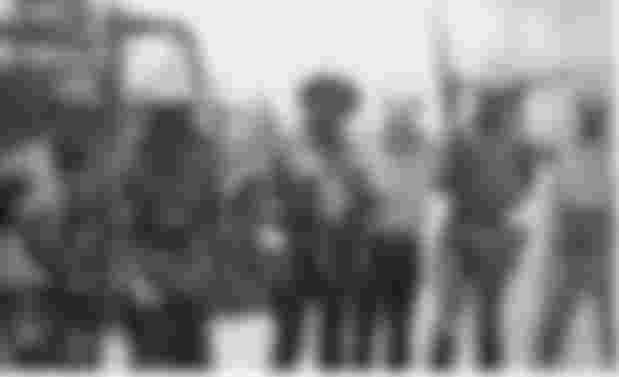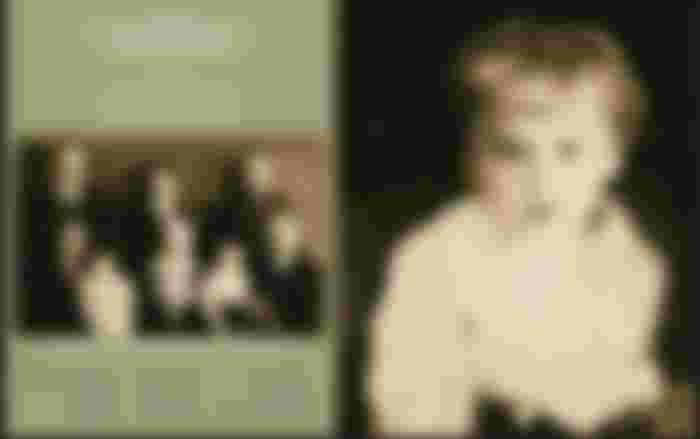Ryszard Kapuściński left home with a camera, a diary, a pen, a passport and a little money in his pocket. The Polish journalist-literary has spent most of his seventy-four years in the world, witnessing twenty-seven revolutions and coups in his forty years of journalism. Surviving four executions, numerous incarcerations, at gunpoint, he collected news of the civil war in the desert on his way to Africa.When this young journalist came to India by plane for the first time in his life, he did not know how to speak English. To learn English, he bought Ernest Hemingway's 'For whom the Bell Tolls' from an old bookstore.
That journey began; He then traveled through the deserts of India, China, Central Asia, Eastern Europe, Africa, Cuba, Latin America, witnessed history unfold before his eyes, wrote books on his own experience, delineated the line between journalism and literature. Rishzard Kapuschinsky lived the life of a modern nomad like jealousy.

On his way out of the colony, he became a puppet of the superpower and mingled with the people of Africa, which was in the throes of a civil war. The fall of Reza Shah Pahlavi to Iran from the Angolan Civil War, Tanzania, Nigeria or Cuba was nowhere to be found. He befriended Gabriel Garcia Marquez and Salvador Allende, and Che Guevara.

He has written a book on travel diaries in a unique blend of history and literature, where the author's sense of direct pain in journalism has merged into the horizon of reality. Rishzard Kapuschinsky was in Luanda in 1975 during the Angolan Civil War, when thousands of Portuguese emigrated from the Portuguese colony of Angola to Europe.
Kapuschinsky wrote that the whole wooden city seemed to be floating when he saw long-lost valuables being packed in wooden boxes and crossing the sea. Garcia Marquez used to call him 'Maestro Kapuschinsky'. Standing on the horizon of literature and journalism, one evaluates his work and throws it in the book of 'Magic Journalism'.
Rishzard Kapuschinsky was born in 1932, in the city of Pinsk, in the throes of an economic crisis. His childhood in the city of present-day Belarus was not a happy one, with World War II raging. I spent a lot of my childhood in the barbaric reality of war. He has realized the hardships of poverty.Much later, when Kapuschinsky traveled to third world countries, looking at the face of a child frightened by the civil war, he remembered his own childhood. After the war, Kapuschinsky began studying history at the University of Warsaw in Poland. It was there that his writing, poetry and literary life began.

After World War II, Poland and almost all of Eastern Europe came under the control of the Soviet Union. When the Communists came to power in Poland, the Polish United Workers Party (PZPR) became the center of power. The Workers' Party focused on rebuilding the factories, economy and agriculture that had collapsed in the Second World War, and the party gained widespread popularity among the common people.Young people studying in colleges and universities keep coming to the youth organization of the party. Kapuschinskyo joined the Union of Polish Youth (ZMP), the youth wing of the party.
His handwriting on the literary-culture page of the party's youth wing, Sztandar Mlodych (The Banner of Youth). It was there that he became acquainted with talented poets and loved to read poetry at university. It was from here that the Polish writer gradually became acquainted with journalists.
Gradually started working as a reporter for this magazine, the magazine was quite popular among young Polish middle-aged people, so political news also started to be printed to differentiate this magazine from the general organizational magazine. Although he was associated with the Communist Party, a few reporters were criticizing him quite independently.Although the Communist Party of Poland did not care at first, as criticism grew, so did the pressure on editors to impose censorship. This is how the tension between the two sides continues.
It was at this juncture that news broke that a planned city called ‘Nowa Huta’ was being built under the auspices of the Communist Party, with workers there working in inhumane conditions. No one is daring to report this news for a long time. Because influential leaders are overseeing that work, no one knows where the results of writing in the newspaper will end up.
In the end, the young Kapuschinsky wrote the report after observing the incident. Many of the editors and colleagues were afraid of the reaction. The report sparked a backlash within the Communist Party, which criticized Kapuschinsky for sitting on the tip of his nose and criticizing the party, as well as shutting down the newspaper.
In the end, however, the party failed to take action against Kapuschinsky, citing political damage and the newspaper's support among the youth. Kapuschinsky was awarded the Gold Cross of Merit in recognition of his work, not punishment.



Thank You brother please be with me